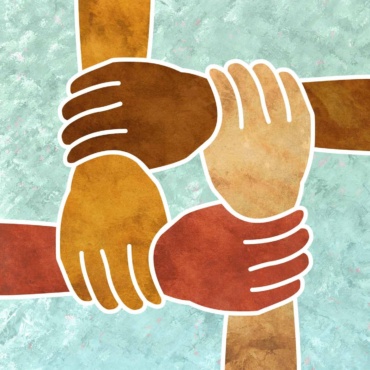- Reflect on your own beliefs and deep rooted thoughts
We are all prone to prejudice and internalized, rooted beliefs that can be driven by unconscious bias, how we we were socialized and perceived certain topics and ideas, but if we actually take a step towards correcting our ideas and mindsets, we would be able to accept and understand differences, thus, we’d be able to understand the issues which minorities are struggling with and take an action to stand with them.
- Learn how to listen to people who represent the minority, be open to getting educated
Before adding your voice and being an ally, it’s very important to make sure you’ve heard what the people who are part of those communities have to say. Most importantly, always be open for correction and new ideas. Educate yourself about the issues they have, understand what people of minorities are exactly struggling with and listen to what they say regarding their issues and demands.
- Acknowledge your privileges and use your voice to stand with those who don’t have a voice
A big part of showing support is to acknowledge the privileges you have and know the role you’re ought to play in becoming an ally, use these privileges you have to be the voice of those who don’t have it.
- Show your allyship wherever, whenever and not just where you’d be seen
Whenever you witness someone being ignorant or speaking with a prejudiced accent, you as an ally have a responsibility of speaking up and correcting what the person is stating, don’t be silent about it just because no one is watching.
- Take action, don’t be passive
Being a true ally requires action. Donate. Volunteer. Call. Don’t be passive in your allyship.
- Be prepared for the journey, it’s not an easy one
Fighting for a cause can take a big amount of effort, patience and resistance. So you have to keep speaking up and being active continiously, because there’s no specific time for justice to be achieved. Always be faithful and tireless.












